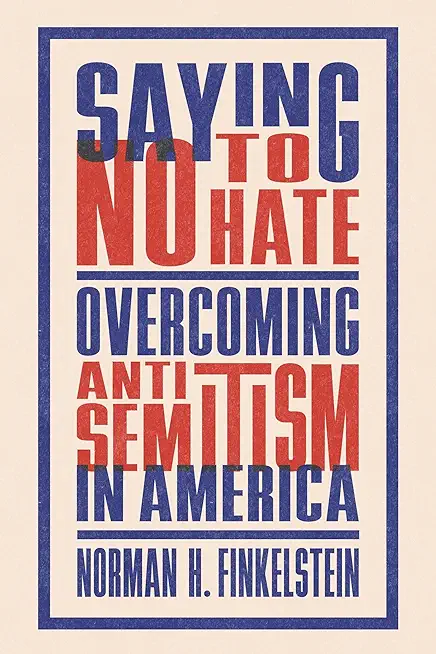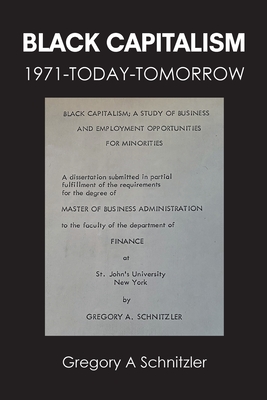
description
ders contextually in the history of antisemitism in America by emphasizing the legal, political, educational, communal, and other strategies American Jews have used through the centuries to address high-profile threats. Norman H. Finkelstein shows how antisemitism has long functioned in America in systemic, structural, and interpersonal ways, from missionaries, the KKK, and American Nazis to employment discrimination, social media attacks, and QAnon. He explains how historic antisemitic events such as General Ulysses S. Grant's General Order No. 11 (1862); the Massena, New York blood libel (1928); and the mass shooting at the Tree of Life synagogue (2018) galvanized the Jewish community. Finkelstein shines light on Jews such as Louis Brandeis and Admiral Hyman Rickover who succeeded despite discrimination and on individuals and organizations that have tackled legal and security affairs, from the passage of Maryland's Jew Bill (1826) to groups helping Jewish institutions better protect themselves from active shooter threats. Far from a victim narrative, Saying No to Hate is as much about Jewish resilience and ingenuity as it is about hatred. Engaging high school students and adults with personal narratives, it prepares each of us to recognize, understand, and confront injustice and hatred today, in the Jewish community and beyond.
member goods
No member items were found under this heading.
Return Policy
All sales are final
Shipping
No special shipping considerations available.
Shipping fees determined at checkout.







